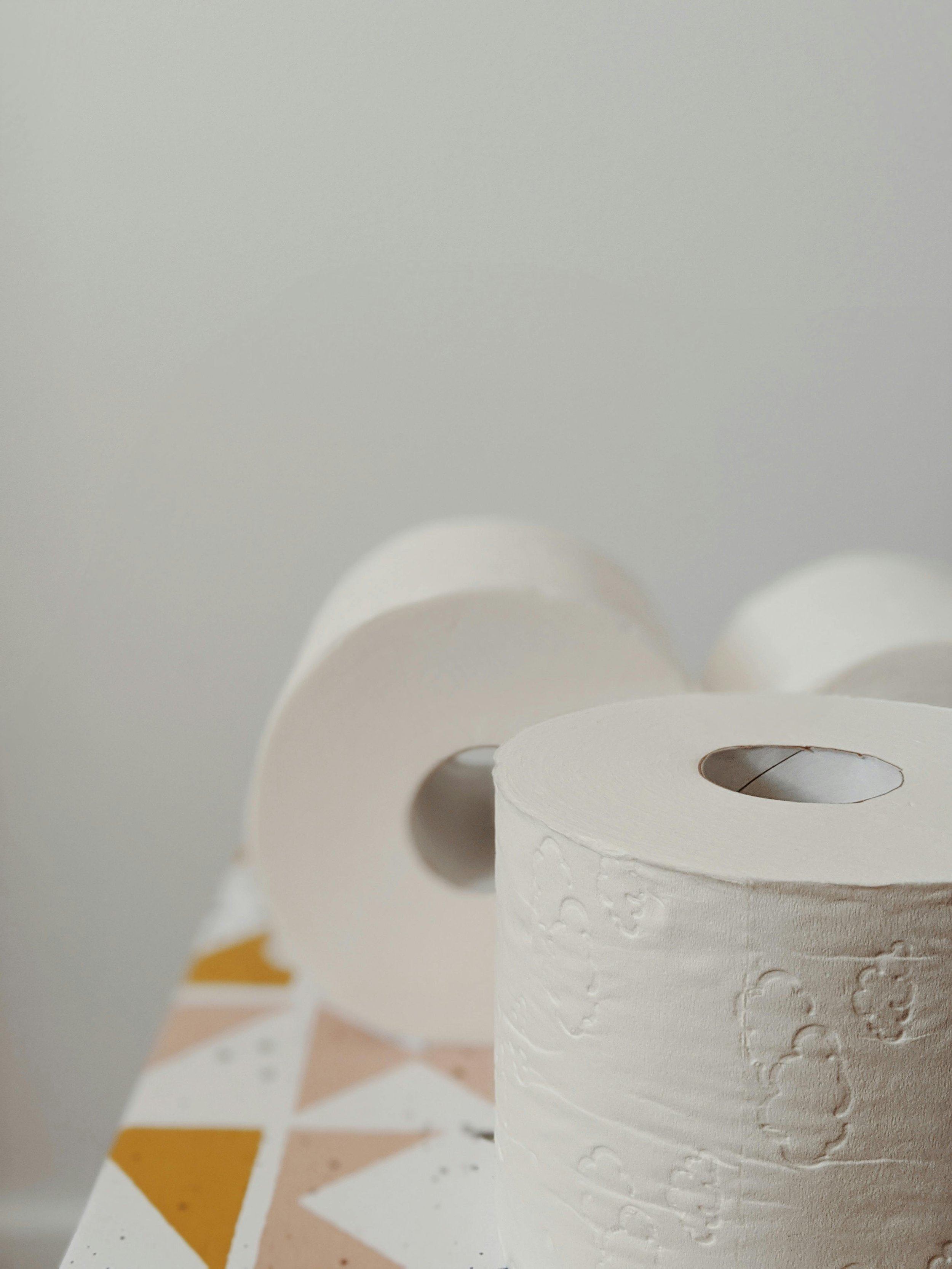
Modernizing Hydden's approach to feminine care.
BACKGROUND
Our client created Hydden in 2014 after seeing her daughters wanted to discreetly dispose of feminine hygiene products. After 11 years of development and patenting, she’s ready to launch the product – a trash can with a hidden compartment.
THE ASK
Before officially launching the product, our client now needs to refine the product’s brand positioning.
THE CHALLENGE
The world had changed since Hydden’s inception. Had women’s attitudes about hygiene disposal evolved, too? Before crafting a strategy, we needed to find out.
METHODOLOGYAs women ourselves, we recognized how easily we settle into established routines without questioning them. Personal hygiene, while not taboo, remains deeply personal, making conventional wisdom particularly dangerous in this category.
We designed a two-pronged research strategy:
Survey targeting women 18+ to understand current disposal practices and gather initial reactions to the Hydden concept (n=100)
Follow-up in-depth interviews with 15 respondents to explore emotional needs and pain points beneath the surface
RESEARCH FINDINGSMyth #1: Women are dissatisfied with traditional disposal methods.
ASSUMPTION
Women silently struggle with disposal challenges, making them hungry for better and easier solutions.
REALITY
Most women had never questioned their disposal routines. Their practices had become invisible parts of their lives, rarely examined critically.
“I never really gave it much thought, you know? It's just one of those things that have been part of my life as a woman […] I wrap and toss my menstrual products before tossing them in a trash can that doesn’t have a lid. This works for me and it’s always been the case.”
-F, 43
Myth #2: Privacy always stems from shame.
ASSUMPTION
Women want to hide feminine hygiene products because they’re embarrassed by them.
REALITY
While discretion is valued, it doesn’t have to be driven by shame. Women seek solutions that respect privacy without reinforcing stigma.
“I think assuming women are embarrassed about something like this may be jumping to conclusions, especially since the bathrooms where this product would live (not always but very often) are shared only between women. Since we share this same experience, we don’t really think twice about being discrete.”
-F, 28
Myth #3: Disposal is purely practical.
ASSUMPTION
Women’s concerns about disposal are exclusively functional.
REALITY
The disposal experience carries significant emotional weight tied to environmental impact, sensory concerns (especially odor), and the desire for minimal touch.
“I hate having to take out the trash bag because then you have to touch the container. Also, having to take out the trash often, worrying if the tampon is going to clog the toilet when flushed, using toilet paper or tissues to wrap up personal hygiene products are also other barriers.”
-F, 24
STRATEGIC OPPORTUNITIESThe Pivot: Transforming Hydden from Discretion to Empowerment.
Our findings demanded a complete repositioning of Hydden. What began as a product designed to hide women’s experiences needed to transform into one that empowers them. Our key recommendations included the following:
RECONSIDER THE NAME
The name “Hydden” reinforces outdated notions that women’s experiences should be concealed.
ELEVATE THE NARRATIVE
Position Hydden not merely as a solution for secrecy, but as a champion for convenience, environmental consciousness, and dignity.
INNOVATIVE TOUCHPOINTS
Replace the manual button with touchless technology. Respondents would pay more for solutions requiring minimal physical contact.
RESULT + IMPACTAfter investing a decade in a product designed for one worldview, our client came face to face with the reality: today's women aren't looking to hide their experiences. They want practical, sustainable solutions that respect rather than stigmatize them.
Through honest discussions with more than 100 women, we reshaped Hydden's direction from a product focused on concealment to one celebrating convenience, sustainability, and dignity. We didn’t see this as failure; rather, a necessary revelation that will one day determine the product’s success.
TEAMEmma Kerencheva (Strategist)
Ellie Wilson (Strategist)



